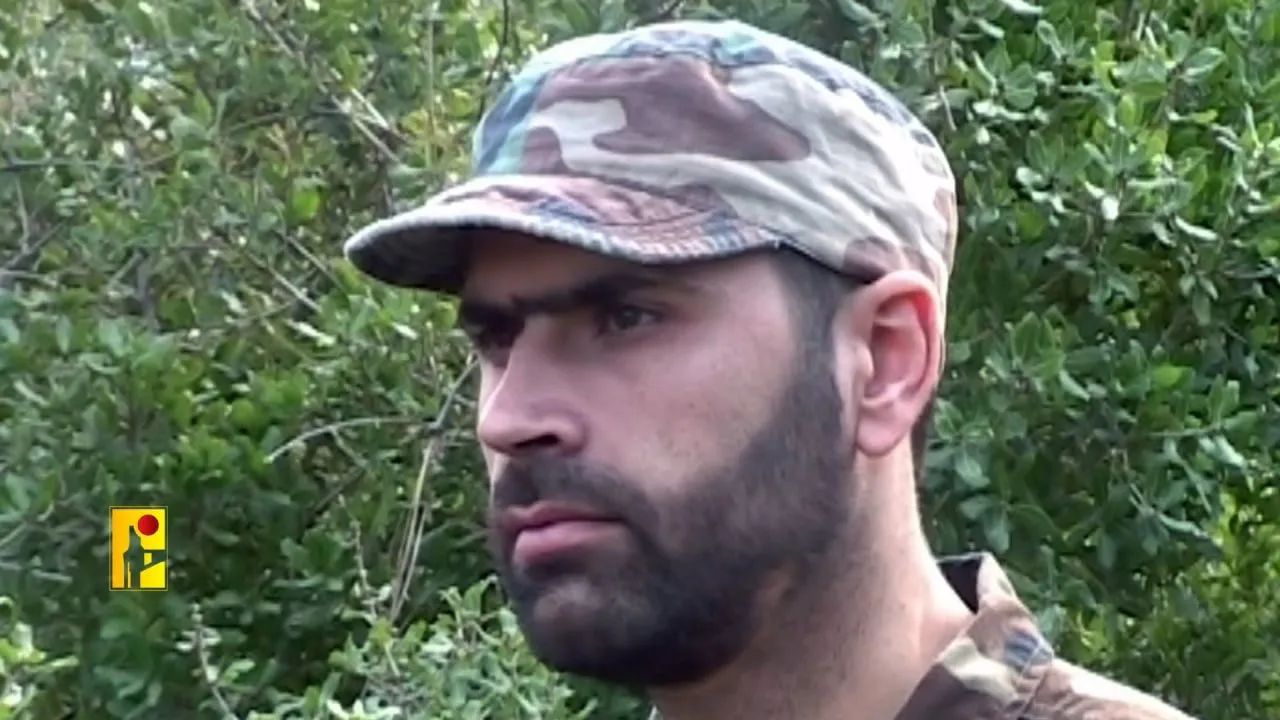A senior military official from pro-Iranian Hezbollah was killed in an Israeli strike on Monday January 8 in southern Lebanon, amid fears of a regional conflagration. The man “played a leading role in directing military operations in the South”, from where the Lebanese Hezbollah has been carrying out almost daily attacks against Israel for three months, a Lebanese security official told the Agence France-Presse, which requested anonymity. He was killed “in an Israeli strike which targeted his car in the village of Khirbet Selm”, about ten kilometers from the border with Israel, he added.
In the afternoon, Hezbollah announced the death of “Commander Wissam Hassan Tawil”, killed in combat. This is the highest Hezbollah military official killed since this Lebanese formation opened the front with Israel to support Palestinian Hamas, its ally.
The raid comes after the death of Hamas number two, Saleh Al-Arouri, and six other leaders and executives of the movement in a strike attributed to Israel on January 2. The attack targeted an office of the Palestinian formation in the southern suburbs of Beirut, stronghold of Hezbollah, which announced that it had launched sixty-two rockets on Saturday in retaliation at a military base in northern Israel.
Diplomatic pressures
The strike on the Hamas office, the first beyond southern Lebanon, fueled fears of an extension of the conflict raging in the Gaza Strip. The head of American diplomacy, Antony Blinken, continues a regional tour on Monday, one of the objectives of which is to avoid an escalation and in particular that tensions between Israel and Hezbollah do not spiral out of control, according to American officials.
On Saturday in Beirut, the head of diplomacy of the European Union, Josep Borrell, for his part declared that Lebanon should not be “dragged into a regional conflict”. “It is imperative to avoid a regional escalation in the Middle East,” said Mr. Borrell, who met with a Hezbollah official.
Hezbollah claims to be acting to support Hamas, its ally which controls the Gaza Strip, where the war has entered its fourth month.
This article is originally published on lemonde.fr








